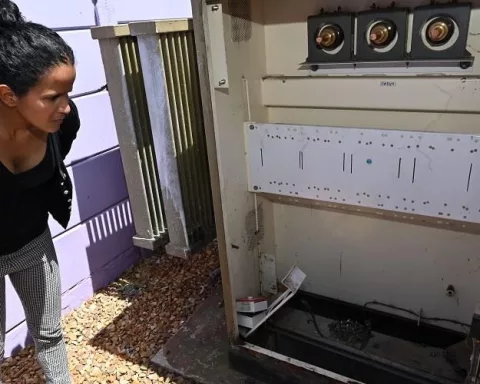As cities grow, housing scams have become a significant issue, with the most vulnerable members of society bearing the brunt of the problem. In response, the City has issued a call for residents to be cautious and vigilant when seeking housing opportunities. The message is clear: never pay for a housing opportunity, as genuine opportunities should not require payment.
Scammers Prey on the Vulnerable
Desperate and vulnerable individuals are often the target of scammers, who capitalize on the demand for affordable housing. These fraudsters promise subsidized homes or other enticing offers that are too good to be true. Often, these scams involve requests for payment to register on the City’s Housing Needs Register, or the sale of government-subsidized Breaking New Ground (BNG) homes within the first eight years of ownership, which is prohibited.
The City’s Intentions
The City’s primary goal is to improve the living conditions of its residents. To achieve this, it aims to reduce the risk of beneficiaries reverting to informality. The restrictive clause prohibiting the sale of subsidized housing within the first eight years is intended to maintain a sense of stability for these homeowners.
Importance of the Housing Needs Register
Alderman James Vos, Acting Mayoral Committee Member for Human Settlements, is concerned about the growing number of housing scams reported across the metro. He emphasizes the importance of the Housing Needs Register, which is designed to prevent queue-jumping and ensure a fair, ordered distribution of housing opportunities.
The City’s management of the Housing Needs Register is efficient and transparent, regularly audited and updated to maintain its integrity. Beneficiaries can register at no cost, further demonstrating the City’s commitment to providing accessible housing opportunities.
Reporting Suspicious Activity
To tackle the surge in housing scams, the City encourages residents to report any suspicious or illegal activity to the South African Police Service (SAPS) for investigation. A hotline, 0800 1100 77, has been set up for anonymous tip-offs to help protect projects, operations, and residents.
The City also urges residents to update their details on the Housing Needs Register through the online platform to ensure their information remains accurate.
Cooperating in the Fight Against Housing Scams
The fight against housing scams requires collective vigilance and cooperation. It is essential for residents to be cautious, discerning, and proactive in reporting any suspicious activities. By working together and utilizing available resources, communities can protect themselves from the insidious nature of housing scams and ensure that everyone has access to fair, legitimate housing opportunities.












